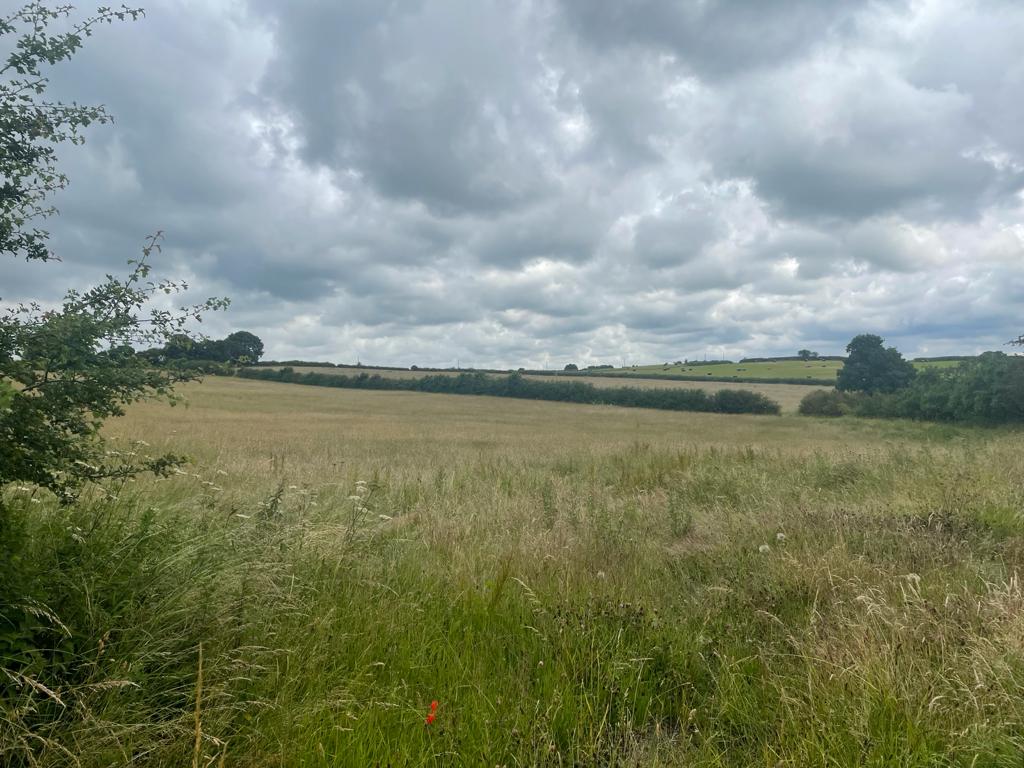
Planning inspector dismisses appeal against Alfreton solar farm rejection
Posted by: Laura Hammond
Tue 6th December 2022
The planning inspector has dismissed an appeal against a decision to refuse permission to build a huge solar farm in Alfreton.
The decision brings an end to an attempt to build a solar farm spanning 75 hectares on land at Hall Farm, off Church Street.
If approved, the project would have generated up to 49.9MW of clean energy for around 11,500 homes.
The proposal was to keep the solar farm in place for a period of 40 years.
However, the application – submitted by Kronos – was refused by Amber Valley Borough Council in December last year.
The company launched an appeal against the decision, sparking a public inquiry at the Post Mill Centre, in South Normanton, in October and November.
The planning inspector heard representations from a number of different parties, including Kronos, Amber Valley Borough Council and the Save Alfreton Countryside campaign group.
A decision noticed published on Monday (December 5) reveals that the appeal had been dismissed.
It states: “Whilst I have found that the character and appearance of the Alfreton and South Wingfield Conservation Areas would be preserved, there would be a substantial level of harm to Alfreton Park, a non-designated asset, and a degree of ‘less than substantial harm’ caused to the settings of Wingfield Manor, St Martins Church and Alfreton Hall.
“The need for renewable or low carbon energy does not automatically override environmental protections. I have taken into account all the other matters raised including the proximity of a suitable grid connection, but in the overall balance, the harm caused to the landscape character and visual amenity is decisive.
“The adverse impacts cannot be addressed satisfactorily on a site of this size and character, and the suggested planting mitigation measures would be seriously out of keeping and would largely worsen, rather than mitigate for the landscape and visual impact.
“Objectors point out that the panels could simply be replaced after 40 years but it is difficult to predict whether national energy strategy will still require large solar panel installations in 2062. I consider that 40 years is a very significant period in people’s lives during which the development would seriously detract from landscape character and visual amenity.”
You can read the planning inspector’s report in full here.
Cost of Living
Lots on offer at community pantry
Crime & Policing
Police raise awareness of alert system to shoppers
Education & Skills
Council offers courses for volunteers
Health & Wellbeing
Fundraiser for defib at community centre
History & Heritage
Model work at Derbyshire heritage site
Youth Zone
Getting creative with film-making
